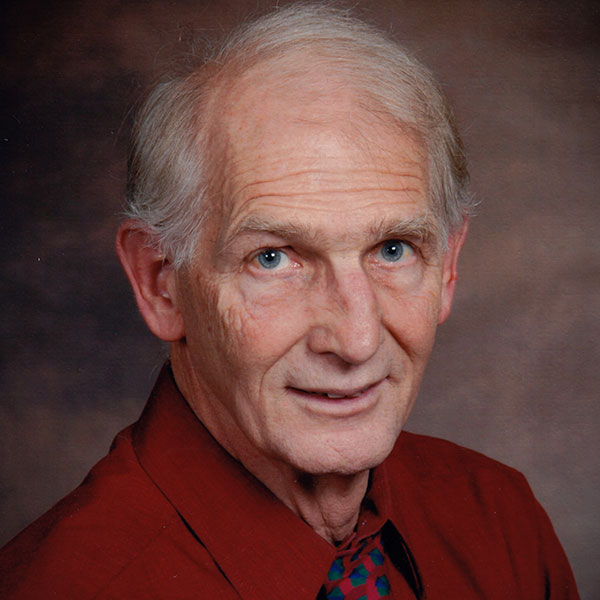Dennis James Dingemans
1945 - 2023

Dennis James Dingemans was born and grew up in rural southern Minnesota, graduating from Albert Lea High School. He received his B.A. in History from the University of Chicago and then drove his 1949 Cadillac to San Francisco.
In 1968, Dennis was part of a diverse cohort accepted into the geography graduate program at the University of California Berkeley. Carl Sauer enjoyed Dennis’s stories about his Dutch immigrant father and growing up in Midwestern farming country, yet Dennis was attracted to the urban geography and planning courses at UCB. He became an advisee of Jay Vance. His dissertation (1975) was a study of how the morphology of the East Bay suburbs was being changed by the spread of townhouses, a house type from the central city. In short, his work focused on a piece of Vance’s model of a “city of realms.” In addition to supping at Vance’s table of urban and transportation geography, Dennis also found his ideas shaped by Professors Glacken, Hooson, Luten, Parsons, Pred, and (in planning) Webber. A summer study tour to Yugoslavia reinforced an interest in the geography of Eastern Europe and the Soviet Union.
Dennis spent his professional career (1972-2005) at the University of California Davis. He taught topical courses on urban and economic geography, regional courses on Eastern Europe, China, and the world, and techniques courses on quantitative methods and urban field geography. He won teaching awards from the UCD Academic Senate and the National Council for Geographic Education, and his lively lectures sprinkled with humor and bon mots were popular. He taught freshman seminars on Davis, the Bay Area, and Northern California, incorporating field experiences and works of both nonfiction and fiction, a favorite being Ecotopia.
Dennis’s research included work on townhouses, land use controls, redlining, defensible space, billboards, gasoline purchasing behavior, and (with his wife and fellow geographer Robin Datel) historic preservation and ethnic and immigrant geographies in American cities. The latter interest emerged from supervising the dissertation of his advisee Susan Hardwick on patterns of Russian settlement in the Sacramento region. Field inventories and cultural landscape slides were hallmarks of Dennis’s engaging scholarship. Dennis did a lot of university service, recognizing it as an important way to grow awareness and understanding of geography on campus. He served on and chaired numerous college and academic senate committees. He was a popular adviser for several programs in addition to Geography—International Relations, Community Development, and Environmental Planning and Management.
The Association of Pacific Coast Geographers, the AAG’s westernmost division, was Dennis’s favorite professional organization for fostering and enjoying the discipline that shaped his life. He gave 22 papers at annual meetings stretching across five decades. He served on many committees, co-organized the 1987 annual meeting, led field trips, mentored student participants, co-edited the APCG Yearbook, and was vice-president and president of the association.
Dennis lived an important life of service outside academic circles. He served on the City of Davis Design Review Commission and Planning Commission, as well as other city-appointed committees related to housing and economic development. He worked for or against numerous local ballot measures related to planning, housing, open space, transportation, and energy issues. For a decade he served as Director of the Hattie Weber Museum of Davis, the local history museum, creating space for visitors to share their own stories. Dennis led the museum’s long and successful campaign to preserve Davis’s only WPA-financed building. He guided field excursions under the auspices of the Yolo County Historical Society, providing geographical perspectives on local people and places.
In addition to Dennis’s contributions to geography via his research, teaching, and service, his interest in the discipline was shared with his two sons. Theodore, a paleoecologist, earned a Ph.D. in Geography from the University of Nevada Reno and Franklin, a data engineer, obtained a B.A. in Geography from UC Berkeley.
Submitted with permission by Robin E. Datel and the Davis Enterprise